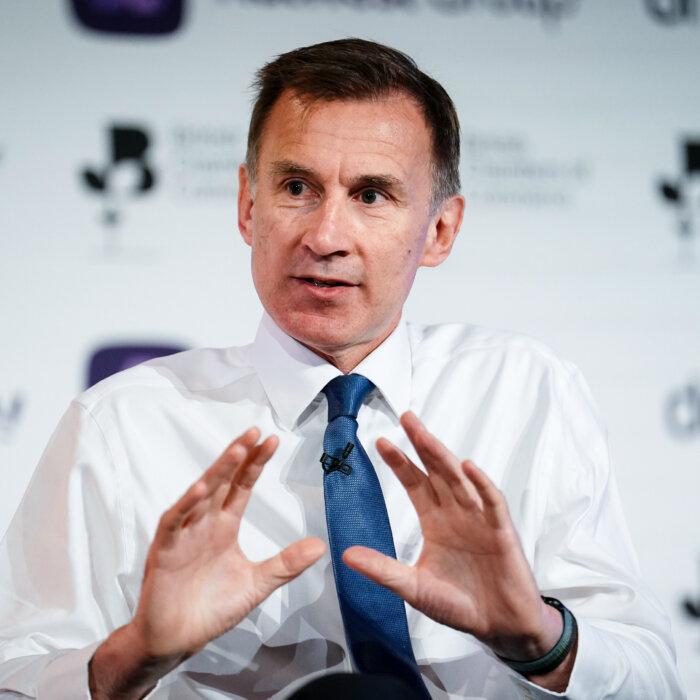The key to Britain’s fiscal sustainability is productivity growth, not reliance on immigration to boost the labour force, an executive member of the Office for Budget Responsibility (OBR) has said.
His comments were submitted to the government’s new inquiry on the sustainability of the UK’s national debt. The Economic Affairs Committee believes that it’s “unclear” whether the government’s fiscal rule in relation to national debt is “fit for purpose.”
Mr. Miles proposed that the “path to a more sustainable fiscal stance” should be comprised of several factors.
Welfare
As of September 2023, the UK unemployment rate was estimated at 4.3 percent. The economic inactivity rate, which is the proportion of people aged between 16 and 64 who are not in the labour force, was at 21.1 percent.Economic inactivity increased over the COVID-19 pandemic, mainly owing to illness and people staying in or entering education.
Mr. Miles suggested that it would be highly advantageous for the UK economy if there were fewer people not participating because of health issues and fewer people under-employed, or not employed at all.
“Not only do these sorts of rising employment generate more incomes and tax revenues they can also reduce the welfare payments bill,” he said.
By contrast, the economy is likely to benefit more from welfare reform and a smaller benefits bill, Mr. Miles said.
“Those benefits may be particularly great for those who have mental health issues, a group whose numbers have grown greatly in recent years and largely amongst the young for whom finding jobs may create long lasting gains in well-being,” Mr. Miles said.
Mr. Miles added that the impact of some government policies on productivity growth was conditional. Among these are higher public sector investment and higher spending on the net zero strategy.
Immigration
The Economic Affairs Committee also heard that it was “much less clear” how high immigration will boost the labour force.“New immigrants, particularly if they come on work visas, may generate a favourable balance of extra tax revenue relative to extra public spending for some years. But immigrants who stay grow older and have children so the favourable tax to spending balance does not persist,” Mr. Miles said.
He warned that even if the economy continues benefitting from immigration, the government may be forced to spend less on public services, such as health and education. The quality of those services is eroded as population rises, the OBR official estimated.
The Economic Affairs Committee also heard from OBR Chair Richard Hughes, who said that UK’s composition of migration has changed.
“Most of our migrants are now not coming from the EU but from other countries. We see in the data that a lot are coming in as students, but a lot are coming to work and they are bringing dependents,” Mr. Hughes said.
The OBR assumes that there is “no particular economic or fiscal premium attached to migrants compared to UK citizens.”







